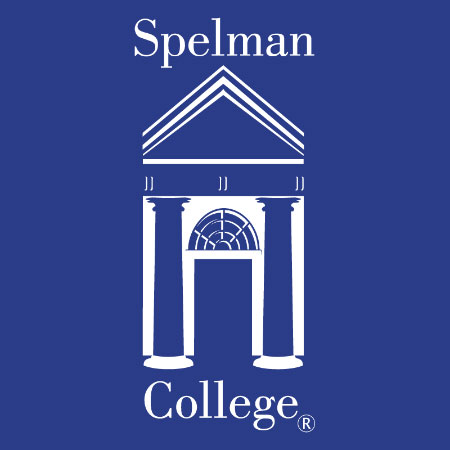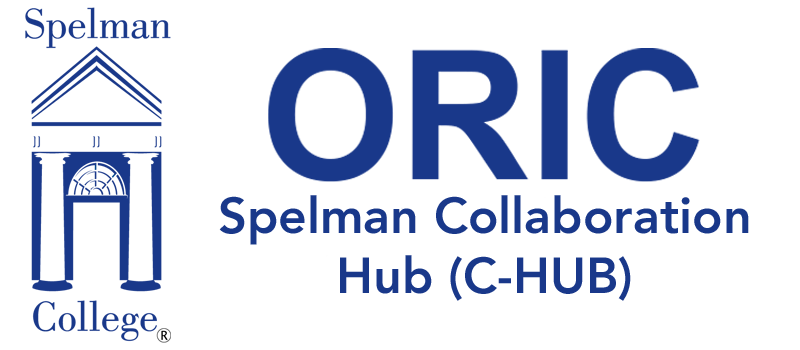
Faculty Name
Anna Powolny, Ph.D.
Title
Senior Lecturer
Department
Biology
Phone
404-270-5756
Office Location
Albro-Falconer-Manley Science Center 242B
Education
Ph.D., The Ohio State University
M.S., University of Wroclaw
B.S. University of Wrocla
Courses Taught
Molecular Biology and Genomics Bio 125
Nutrition and Cancer Bio 329
Population Biology Bio 110
Organismal Biology Bio 115
Cell Biology 120
Research Interests
Recent interests include studies in pedagogy: developing curricula that would enhance our students’ appreciation for the importance of STEM disciplines in their lives. I am particularly interested in developing interdisciplinary curricula which would bridge the gap between precise disciplines such as mathematics, physics or computer science and biology and chemistry.
My scientific interests revolve around importance of broadly understood nutrition and its effects on development of chronic diseases as well as aging. I am particularly interested in the impact of energy imbalance (obesity) has on the process of carcinogenesis and aging.
Publications
Biomarkers of phenethyl isothiocyanate-mediated mammary cancer chemoprevention in a clinically relevant mouse model.Singh SV, Kim SH, Sehrawat A, Arlotti JA, Hahm ER, Sakao K, Beumer JH, Jankowitz RC, Chandra-Kuntal K, Lee J, Powolny AA, Dhir R.J Natl Cancer Inst. 2012 Aug 22;104(16):1228-39. doi: 10.1093/jnci/djs321. Epub 2012 Aug
Chemopreventative potential of the cruciferous vegetable constituent phenethyl isothiocyanate in a mouse model of prostate cancer. Powolny AA, Bommareddy A, Hahm ER, Normolle DP, Beumer JH, Nelson JB, Singh SV. J Natl Cancer Inst. 2011 Apr 6;103(7):571-84. doi: 10.1093/jnci/djr029. Epub 2011 Feb 17.
The garlic constituent diallyl trisulfide increases the lifespan of C. elegans via skn-1 activation. Powolny AA, Singh SV, Melov S, Hubbard A, Fisher AL. Exp Gerontol. 2011 Jun;46(6):441-52. doi: 10.1016/j.exger.2011.01.005. Epub 2011 Feb 2.
Phenethyl isothiocyanate inhibits oxidative phosphorylation to trigger reactive oxygen species-mediated death of human prostate cancer cells. Xiao D, Powolny AA, Moura MB, Kelley EE, Bommareddy A, Kim SH, Hahm ER, Normolle D, Van Houten B, Singh SV. J Biol Chem. 2010 Aug 20;285(34):26558-69. doi: 10.1074/jbc.M109.063255. Epub 2010 Jun 22.
